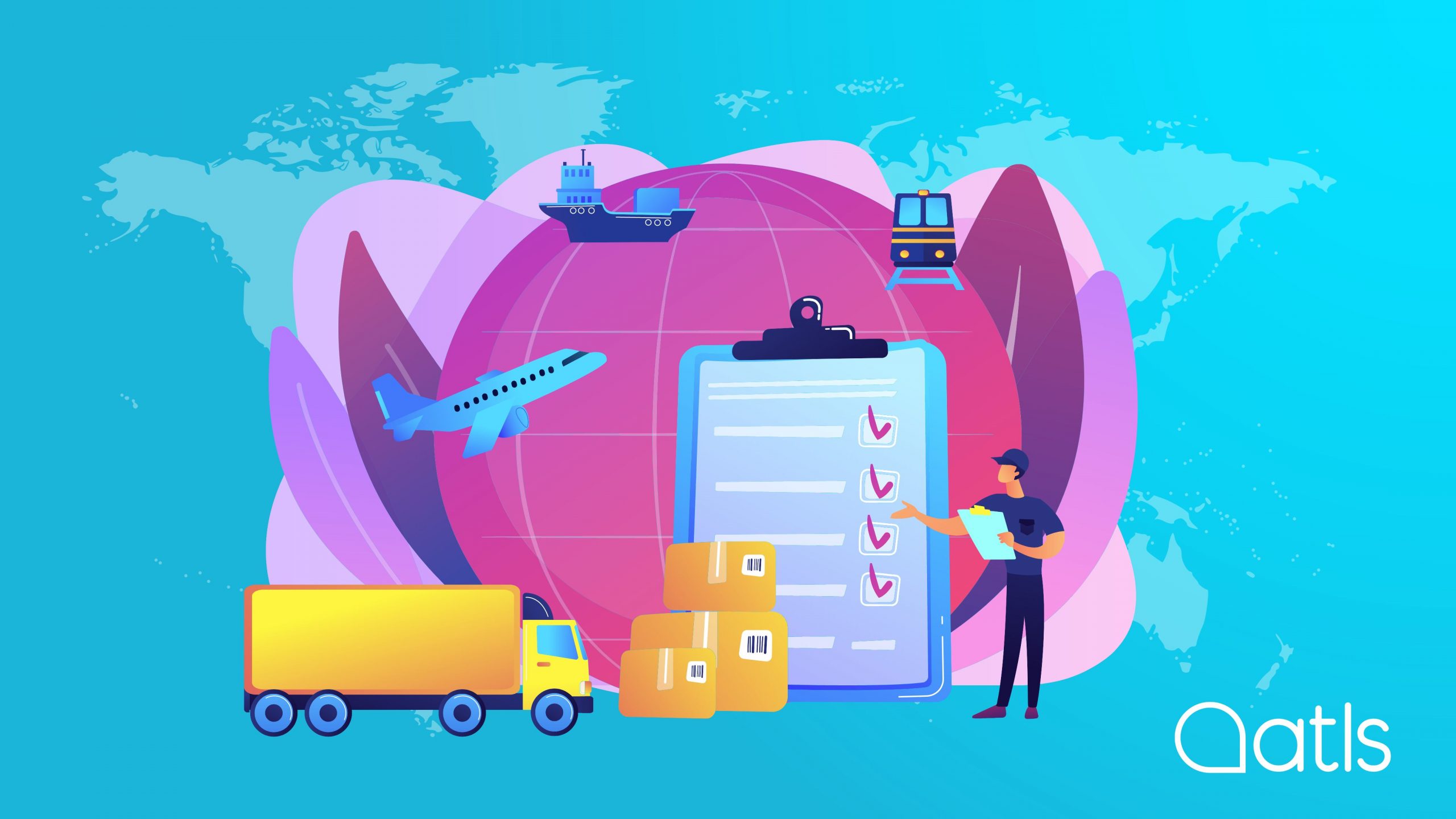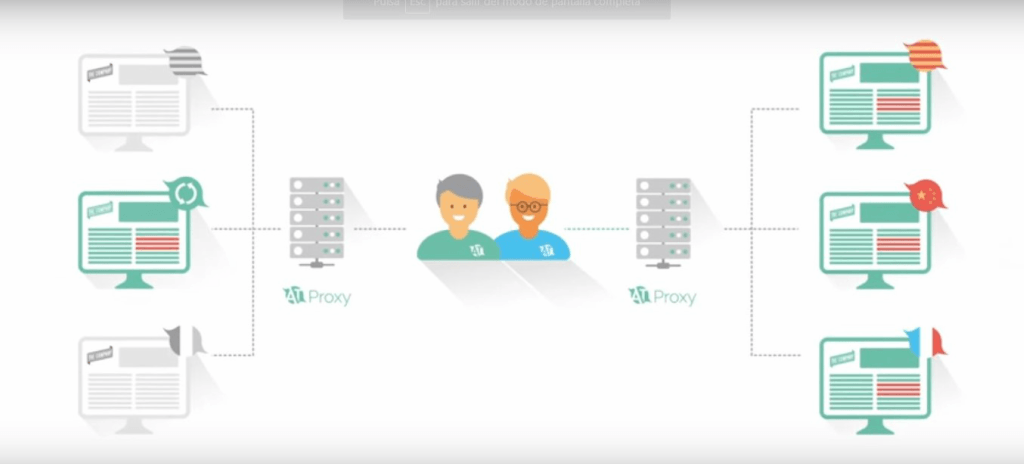Why you shouldn't translate your website solely into English

It's still thought that translating a company website solely into English is enough to internationalise a company - it is the universal language after all, isn't it? Well we're sorry to tell you that one of the consequences of living in today's dynamic world is that what worked in the past could be a total failure in the present. In this post we'll look at some of the reasons why you shouldn't translate your website solely into English.
The internet landscape has changed
A couple of decades ago internet content was, for the most part, in English - in fact in the 1990s 80% of online content was in English. But the figures have changed dramatically thanks to eye-watering exponential growth in the number of internet users - a number which has increased from 16 million to 4.208 billion in just over twenty years.
Now, the anglo-saxon monopoly has crumbled, with the percentage of website pages in English going down from 80% to 50%, and although users continue to be an English-speaking majority, other languages such as Chinese are gaining their market share. Ultimately, if we extrapolate the current figures, other languages could well leave English behind in the coming years.
Why you shouldn't translate your website solely into English
With English being the most-spoken language in the world, it's common to think that translating your website solely into English will broaden your potential audience. But we mustn't forget that the best way of communicating with a customer is to do so in their native language. And research shows it's likely that users will spend twice the amount of time on a website if it's in their own language, and this has the potential to multiply your conversion rates.
When it comes to buying something, more than 40% of European customers say they wouldn't buy a product if there's no information available in their native language. And they would even pay more for a product from an online store if it's in their native language.
Translating your website solely into English can harm your SEO
Users don't use the English version of Google as their default browser - they search on their native language version, or using other search engines that use their own language. The best example of this is China, which has several Chinese search engines such as Baidu and Sogou.
It's always better to translate your website into the native languages of the markets you're hoping to penetrate, using linguistic localisation services and adapting content to they keywords your potential customers will use. This, together with a strong international SEO strategy, will multiply your potential audience.
Your website should have an international image
Translating your website into several languages will give you a professional image, it shows you're serious - which could make you stand out from the competition. Having a good online reputation with overseas audiences can reinforce the trust people have in your website, and guarantee future conversions.
And always remember that when you're translating website pages, online stores, and social network content, it's best to put your trust in native professional translators. If a website has mistakes in its translations it generates a lack of trust and makes potential customers ultimately choose another website - one which offers company or product information in their native language. And just like that, a sale is lost.
We mustn't ignore emerging markets
The internet is becoming more and more global in its reach - and remember, Asian users account for 50.2% of the total number of users. Not one country on the Asian continent speaks English as a first language, so companies shouldn't ignore this seriously strategic market. Offering content solely in English represents a missed opportunity when it comes to potential customers.
At ATLS we have over 20 years' experience helping businesses internationalise their products and services. We can help you translate your corporate website or online store into several languages with native professional translators, to improve your image among potential customers. And what's more, we can help with your international SEO strategy so you can increase your visibility in new markets. Are you ready to take on the internationalisation challenge?




